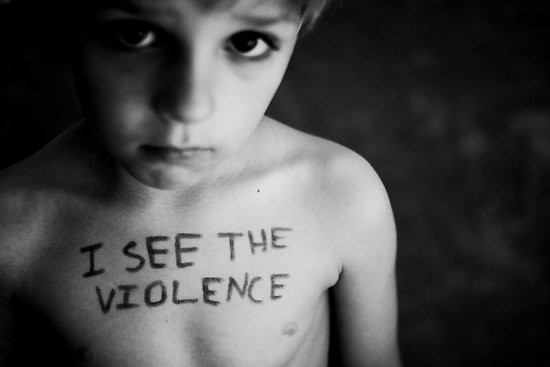Psychological Trauma
The Issues are in the Tissues
Trauma isn’t always tied to a specific event but is often rooted in how the nervous system holds onto overwhelming stress. Rather than focusing solely on past incidents, trauma therapy today looks at how the body and mind retain the impact of distress. This approach recognizes that trauma resides in the body, often manifesting in anxiety, depression, and disconnection from self, long after the event is forgotten or suppressed.
Somatic Experiencing
Healing Shock and Developmental Trauma
Somatic Experiencing is a powerful method to treat both shock trauma (like accidents or violence) and developmental trauma (such as childhood neglect). It focuses on gently releasing stored energy in the nervous system, restoring balance, and building resilience. By helping clients track physical sensations, Somatic Experiencing promotes deep healing without needing to relive the traumatic memories themselves, making it particularly effective for long-standing trauma.
EMDR and Inner Child Visualization
Healing the Past
Eye Movement Desensitization and Reprocessing (EMDR) uses bilateral stimulation to help the brain process and release stuck traumatic memories. It’s especially effective in treating both developmental and acute traumas by reprocessing the distress in a controlled, safe environment. Inner Child Work complements this by addressing emotional wounds rooted in early experiences, helping clients reconnect with vulnerable parts of themselves and integrate these aspects into a healthier, present-focused life.
Trauma Recovery
Trauma recovery is a gradual process that typically unfolds in stages. Clients first focus on establishing safety and stability, both emotionally and physically. This is followed by processing traumatic memories in a supportive and controlled way, whether through somatic experiencing, EMDR, or inner child work. The final stage involves integration, where clients develop new coping strategies, foster resilience, and cultivate a sense of self beyond their trauma. Throughout therapy, clients can expect compassionate guidance tailored to their individual healing journey.











